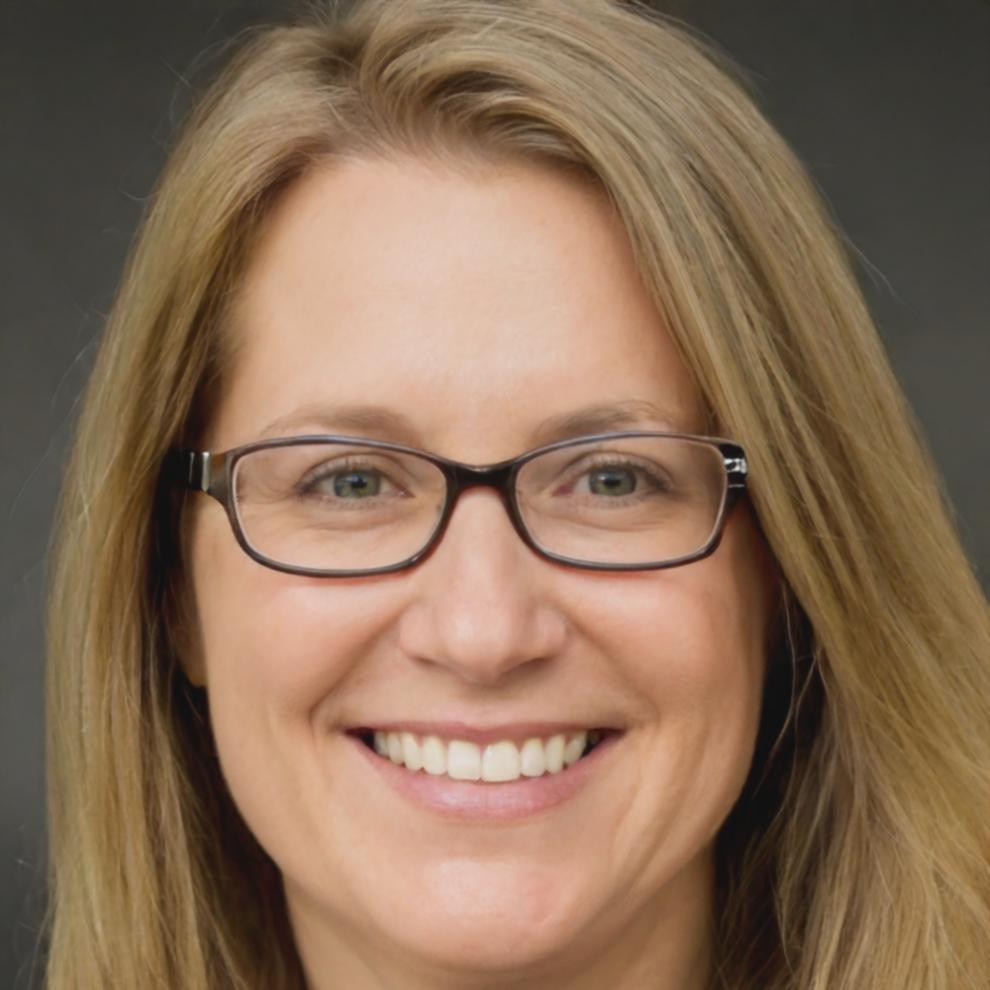Zero-Based Budgeting Questions Answered
We've helped hundreds of people in Thailand understand how zero-based budgeting works in practice. These are the real questions we hear most often — and the honest answers that actually help.
Because budgeting doesn't need to be complicated. It just needs to work for your life.

Real Questions Deserve Thoughtful Answers
I'm Thawatchai, and I've been teaching zero-based budgeting since 2019. What I've learned is that most people have similar worries when they start — worries about whether this approach will fit their lifestyle, whether it's too rigid, whether they have the discipline.
The truth? Zero-based budgeting isn't about perfection. It's about knowing where your money goes and making choices that match what matters to you. Sometimes those choices surprise people.
If you don't see your question here, reach out to us at [email protected]. We respond to everyone, usually within a day or two.
Common Questions About Getting Started
The Basics
What exactly makes this "zero-based" budgeting?
Every baht you earn gets assigned a job before the month starts. Income minus expenses equals zero. Not because you spend everything, but because savings and investments count as expenses — they're jobs you're giving your money. You're telling your money where to go instead of wondering where it went.
How is this different from just tracking my spending?
Tracking looks backward at what happened. Zero-based budgeting looks forward at what you plan to happen. You decide in advance. Then reality happens, and you adjust. But you're always deciding, not just observing. That shift in mindset changes everything for most people.
Do I need to track every single baht I spend?
Not every single one, but most of them. You need to know if you're following your plan. Some people track daily, others weekly. Find what works. But if you're not tracking at all, you're just guessing. And guessing rarely helps anyone build financial security.
What if my income varies from month to month?
Then you budget based on your lowest typical month. Anything above that becomes a bonus you assign when it arrives. Yes, this feels conservative. That's the point. Variable income needs more planning, not less. We have specific strategies for freelancers and commission-based workers that help smooth the uncertainty.
Making It Work
How long does this take each month?
First month? Maybe three hours to set everything up properly. After that, about 30 minutes to plan the upcoming month and 10 minutes a week to track and adjust. Some people spend less time, some more. But it's not a part-time job. It's a habit that becomes faster as you practice.
What happens when I mess up or overspend in a category?
You adjust. Pull money from another category to cover it, or acknowledge you went over and note why. The budget isn't a prison. It's a tool. But do ask yourself why you overspent — was the budget unrealistic, or did you make a choice you wish you hadn't? That reflection matters more than the numbers.
Should I budget with my partner or separately?
If you share expenses or financial goals, budget together. This doesn't mean merging everything — lots of couples keep separate accounts but plan together. What matters is that you both know the plan and agree on priorities. Money fights usually start when expectations don't match.
Learning and Support
Do I need to take a course to do this effectively?
You can learn the basics from free resources and figure it out on your own. Many people do. Our learning program helps you avoid common mistakes, set up systems that actually work for your life, and stay motivated when it gets frustrating. But strictly speaking, no — you don't need us. You need commitment and honesty with yourself.
When do your next learning sessions start?
We run cohorts starting in September 2025 and January 2026. Each program runs for eight weeks with weekly live sessions. You'll work with others learning the same system, which helps with accountability. Registration opens about six weeks before each cohort starts.
What if I start the program and realize it's not for me?
Then you tell us within the first two weeks and we refund your full payment. Zero-based budgeting isn't for everyone. Some people need more flexibility than this system offers. We'd rather you discover that early than waste your time and money.
Your First Three Months
Most people find their rhythm within three months. Here's what typically happens during that period — and what helps you stay on track.
Setup and Reality Check
You'll create your first budget, track your actual spending, and discover where your estimates were off. This month feels awkward and you'll probably overspend in at least two categories. That's completely normal. You're learning what realistic numbers look like for your life.
Adjustment and Resistance
You'll adjust your budget based on what you learned last month. Some categories need more money, others need less. This is also when the novelty wears off and tracking feels tedious. Push through. The people who succeed are the ones who keep going when it stops being interesting.
Habit and Confidence
By now, the process feels faster. You know your numbers. Tracking becomes routine. You start making spending decisions more consciously. This is when people usually tell us they feel more in control — not because everything's perfect, but because they know what's happening with their money.
What Changes After Six Months
Two real examples from people who stuck with zero-based budgeting through the initial learning curve. Their situations differed, but both found clarity they didn't have before.

Siriporn Wacharapon
Marketing Coordinator
Education SectorFrom Constant Overdrafts to Actual Savings
Started in March 2024 because I was tired of hitting my overdraft limit every month. The first month I tracked everything, I was shocked at how much I spent on food delivery. Not judging myself — just hadn't realized. Six months in, I have a small emergency fund and haven't touched my overdraft since May.
Time to First Win
8 weeks
Changed Habit
Weekly tracking

Debt Repayment Focus
IT Professional
TechnologyPaid Off Credit Cards Systematically
Had three credit cards with balances that kept growing. Started zero-based budgeting in August 2024 specifically to tackle debt. Created a category for minimum payments plus extra principal. Took discipline to stick with it when friends wanted to go out, but cleared the first card in December. Working on card two now.
First Milestone
4 months
Biggest Challenge
Social pressure
